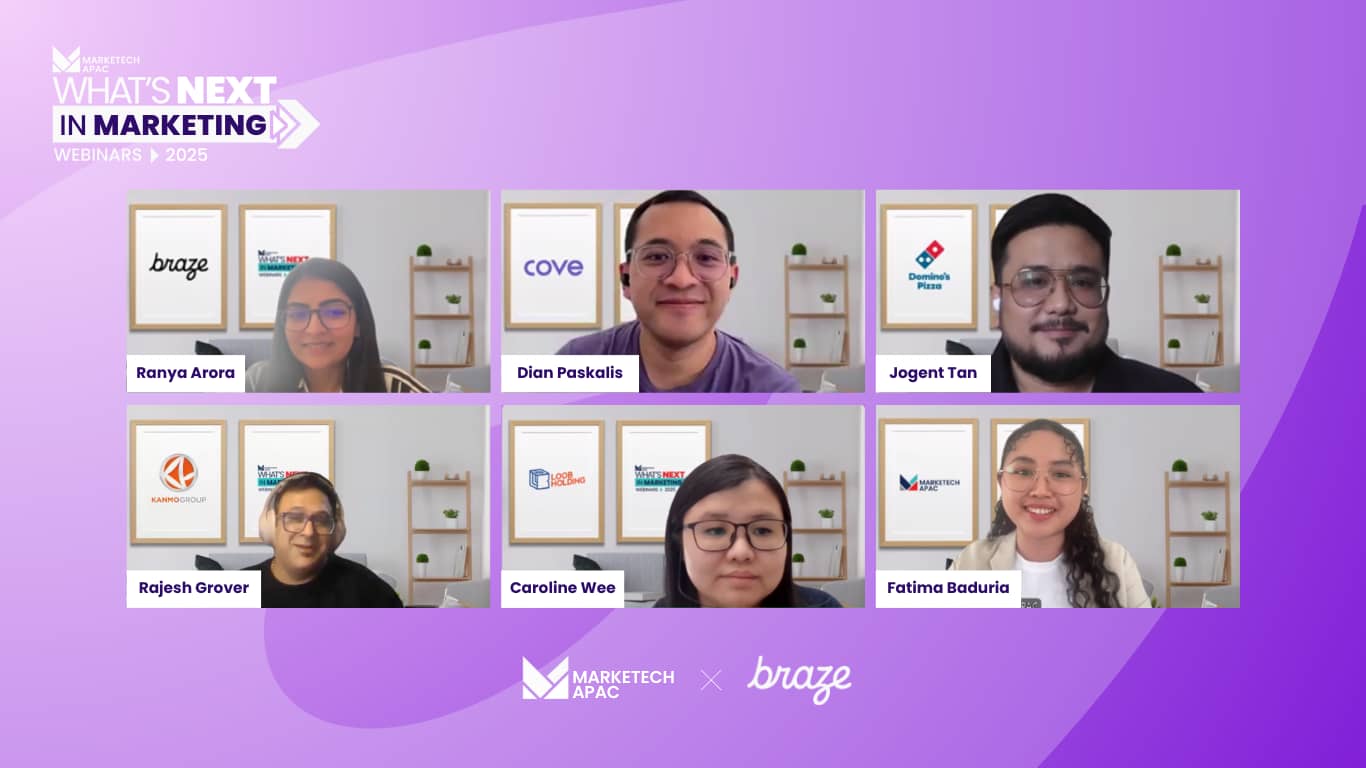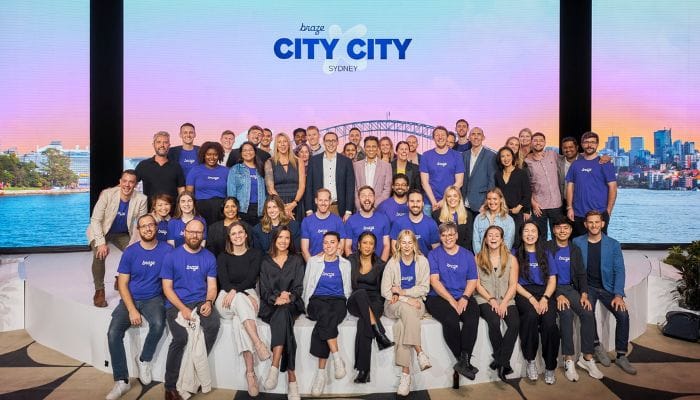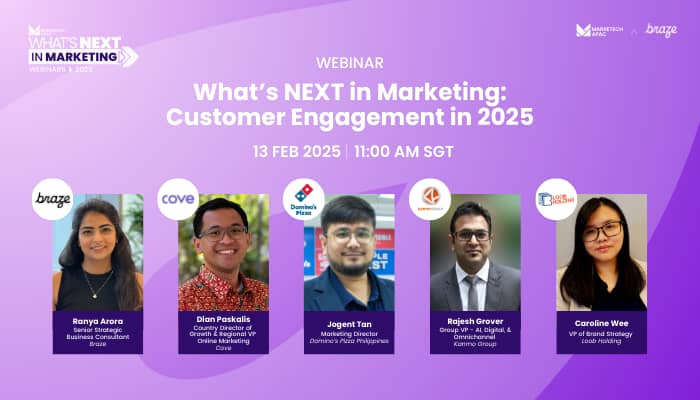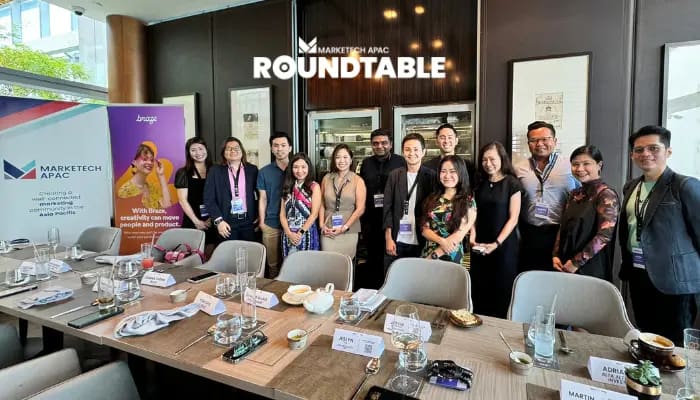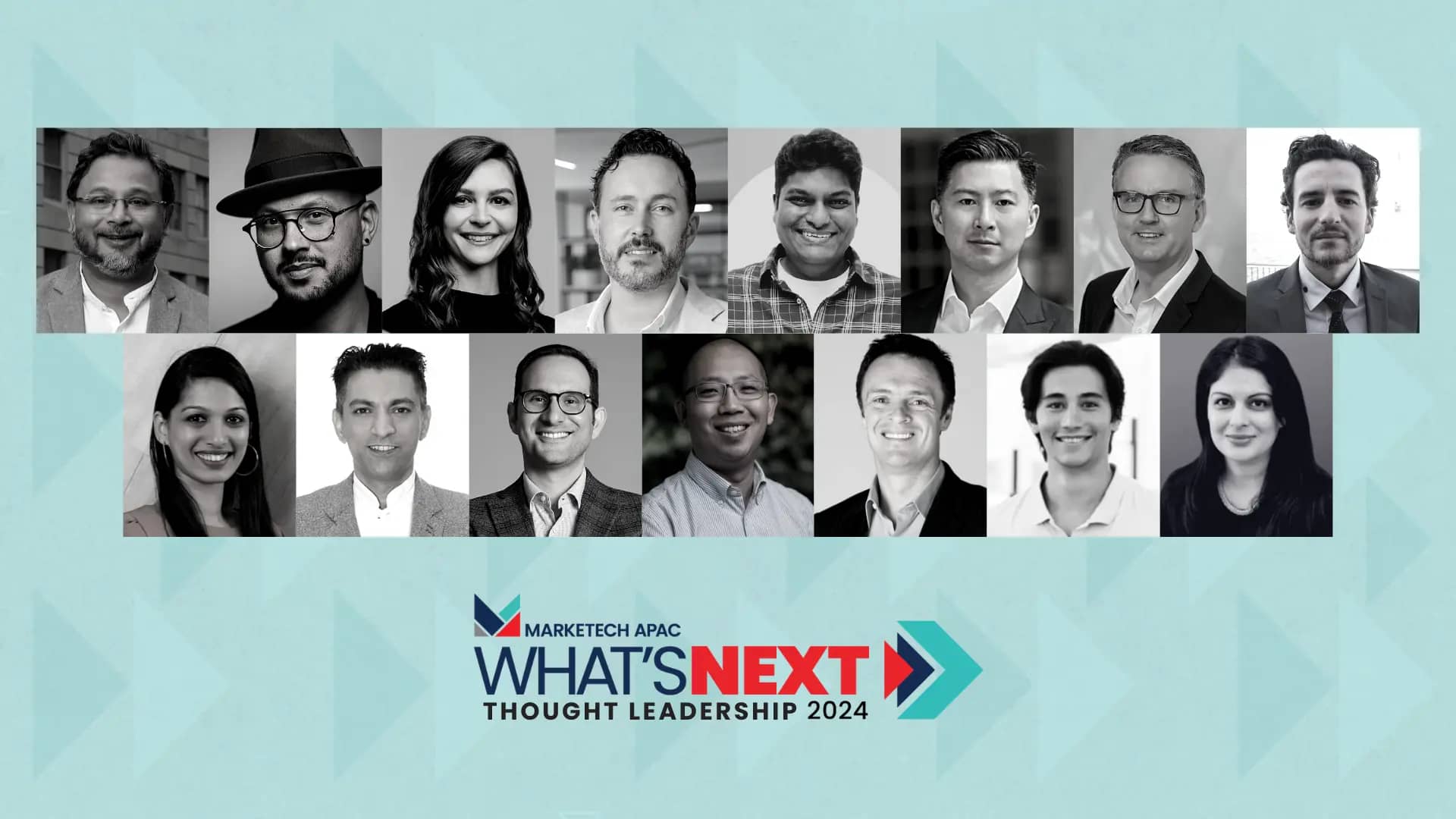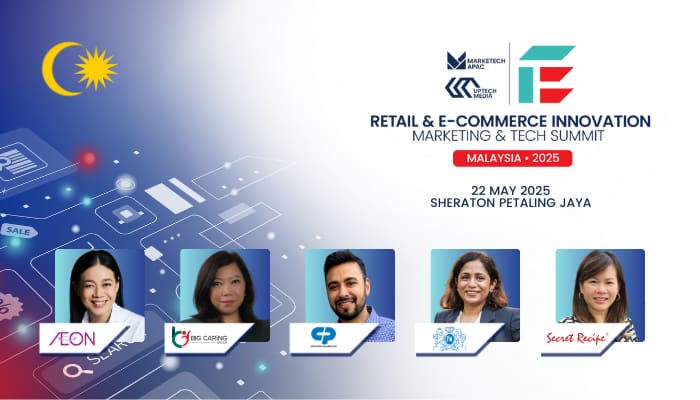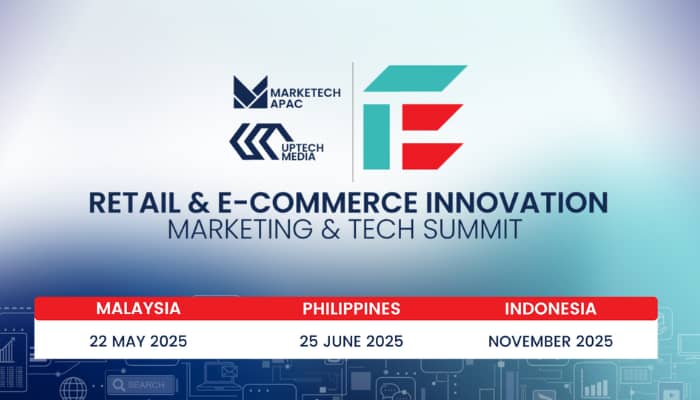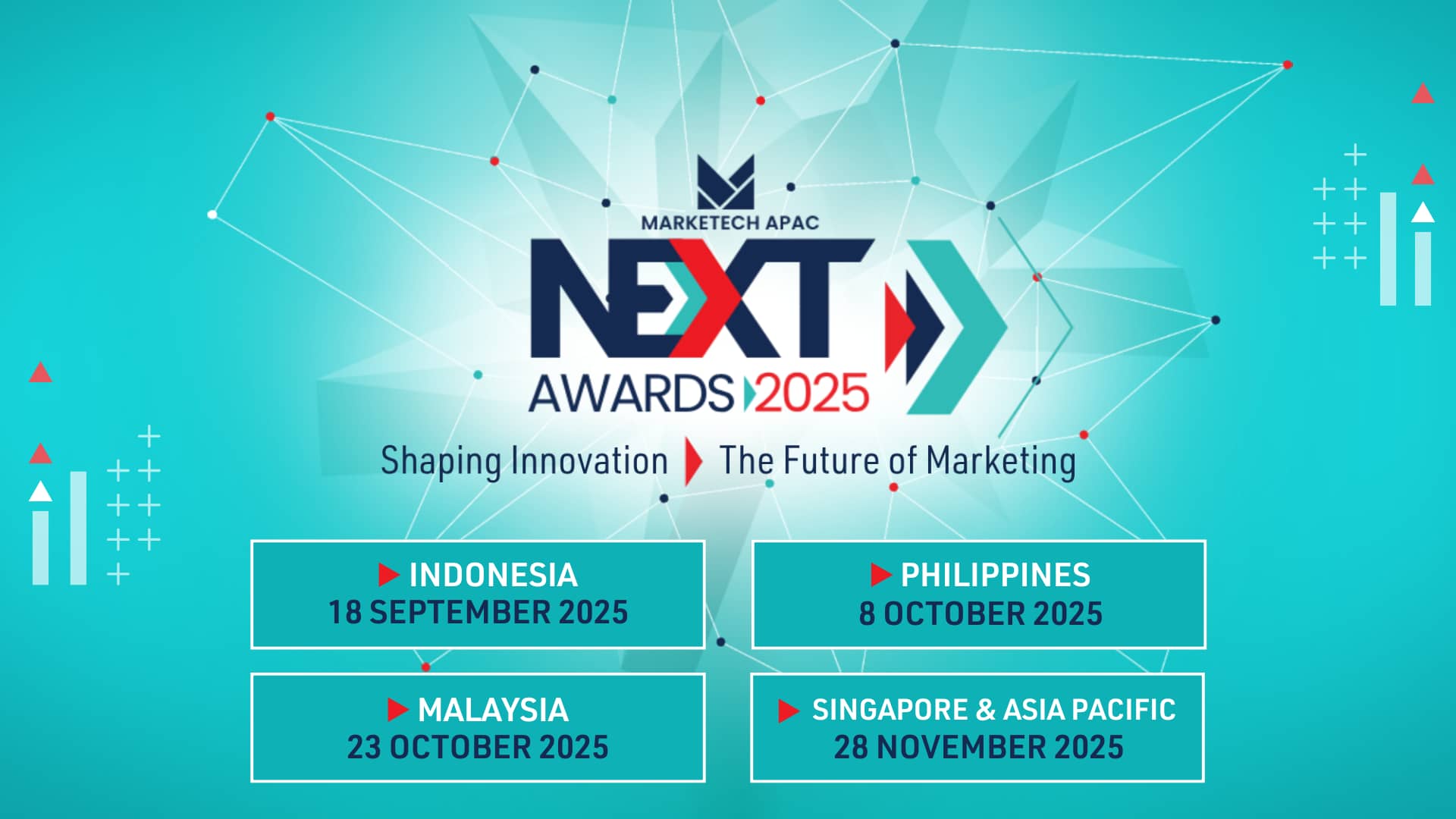Delivering personalised and impactful customer experiences at scale is a critical challenge for industry leaders. Consumers expect seamless, relevant interactions across multiple platforms, from social media and mobile apps to websites and in-person engagements.
However, the complexities of cross-platform engagement require businesses to integrate advanced data analytics, AI-driven personalisation, and agile marketing strategies to ensure consistency and effectiveness. Companies that master this approach can deepen customer relationships, enhance brand loyalty, and drive long-term growth.
From leveraging real-time data insights to optimising omnichannel marketing efforts, businesses must adopt a holistic, customer-centric mindset to remain competitive. By understanding these complexities and implementing tailored engagement strategies, organisations can position themselves as market leaders in the era of digital personalisation.
These aforementioned objectives are what industry leaders from across Southeast Asia discussed in the recently concluded What’s NEXT in Marketing: Customer Engagement in 2025, which equipped marketers with transformative insights and strategies to meet evolving customer expectations.
How brands can engage with AI-powered customer engagement
Kicking off the webinar was a keynote presentation from Ranya Arora, senior strategic business consultant at Braze as she discussed the latest trends in customer engagement and how these strategies can help brands in their engagement strategies amidst a constantly changing online environment for consumers.
In the presentation, Ranya highlighted that proper customer engagement online is important, citing data from Deloitte which states that around 50% of Gen Z consumers are concerned that too much device usage is negatively affecting their physical and mental health. For Ranya, businesses should be wary when navigating this ongoing online fatigue from consumers.
“I think we all can agree that customer life cycle strategies are important in reducing that fatigue and the key benefits of doing that come into place because they allow you to have a better customer experience which helps you improve your marketing efficiency, as well as the core component of driving retention and profitability,” she explained.
To properly navigate the needs of customers online, brands must tackle these four particular challenges:
- Marketers struggle with obstacles to both creativity and strategy in customer engagement
- Many marketers still don’t have a clear view of their customers
- Teams need more collaboration to close the customer engagement feedback loop
- Most brands haven’t built a foundation for successful cross-channel marketing
“We believe that the fundamentals of growth will truly remain constant, which means if you acquire and activate your customers more efficiently and you engage and keep them around for longer, you will eventually make more money from the customer,” she added.
Ranya also added that the ‘secret sauce’ for consistent growth amongst businesses remains the same: consists of acquisition & activation, engagement, and monetisation. Moreover, she also stressed the importance of AI-powered strategies, stating that tools are designed to create (work smarter in crafting memorable customer experiences), personalise (tailor experiences, content, recommendations and journeys – all at scale), and optimise (automate experiences and maximise the potential of every touchpoint).
“AI-powered tools can recommend items that are most likely to resonate with every customer for different industry verticals–this could be products, games, songs, meals, and content among others. This links into orchestration and helps you serve up the right campaign or journey variant to the right person based on everything you know about them,” she further stated.
Integrating digital strategies across multiple platforms
Next up taking the spotlight is a fireside chat with Rajesh Grover, group vice president of AI, digital & omnichannel at Kanmo Group to discuss how their company enhances customer engagement by integrating digital strategies across multiple platforms for a seamless omnichannel experience.
Moreover, the session–which was moderated by Fatima Baduria, regional journalist at MARKETECH APAC–also delved into how brands should leverage digital innovations to adapt to evolving customer expectations and maintain competitiveness in a dynamic market.
For Rajesh, regardless of the size of the business is knowing your customer–meaning who pays the business for products or services. Moreover, he also stressed the importance of making colleagues in the company understand why omnichannel is important for them–but also offering a piece of advice about using these technologies.
“There is no magic wand in terms of technology, which you can deploy in your companies or your business that will turn around your business if you don’t have a clear idea of what your customers need. And then it is all about mapping out your roadmap, not getting too ambitious, understanding and implementing it slowly, but fool-proof,” he explained.
In addition, he also highlighted how strategic implementation is also important, which means that brands should focus more on depth over breadth (i.e. better to execute a few things well rather than spreading too thin). Also, a strong feedback loop is essential where brands must think from the customer’s perspective to assess if their systems are truly working.
He also highlighted that many businesses mistakenly focus on adding multiple sales channels without properly integrating data and teams. For him, siloed data – different channels often operate independently without shared insights, leading to poor customer experience. Hence, personalisation should be a key strength in a brand’s customer engagement strategy.
“If you’re still relying on discounts to drive engagement, you’re missing the point of true personalisation. Personalisation isn’t just about using a customer’s name in an email. It’s about knowing what makes them feel valued,” he added.
On leveraging modern marketing technology to enhance customer engagement
Next up on the webinar was a panel discussion featuring industry leaders Dian Paskalis, country director of growth & regional vice president of online marketing at Cove Indonesia; Jogent Emmanuel Tan, marketing director at Domino’s Pizza Philippines; and Caroline Wee, vice president of brand and strategy at Loob Holding (Tealive) as they emphasise the importance of cross-platform engagement, discussing common challenges and effective strategies for seamless implementation across multiple channels. The session was moderated by Ranya Arora.
In the discussion, Karen emphasised the need for brands to be ‘real’ and authentic,’ ensuring that engagement is based on genuine customer needs rather than assumptions. Meanwhile, Jogent highlighted ‘personalisation’ as the key to capturing attention, as customers now expect tailored experiences rather than generic marketing. Lastly, Diyan focused on ‘connection,’ explaining that brands must shift from talking to customers to talking with them, fostering deeper relationships through meaningful interactions.
The discussion also highlighted how data and AI are transforming customer engagement by enabling personalisation at scale, but brands must use them wisely. Companies like Domino’s Pizza and Tealive leverage CRM tools and AI-driven insights to analyse customer behaviour, predict preferences, and tailor marketing strategies.
It is worth noting, however, that scaling personalisation comes with challenges—over-reliance on data can lead to misleading assumptions, as what customers say they want often differs from what they actually buy. In order to avoid hyper-personalisation pitfalls, brands must balance automation with human intuition, ensuring that personalisation efforts remain practical, cost-effective, and genuinely beneficial to customers.
“Marketing today isn’t just about running ads—it’s about being where the customers are. People engage with brands across multiple platforms: social media, food delivery apps, e-commerce sites, and even offline stores. The key challenge? Making sure that branding, messaging, and promotions are consistent across all these touchpoints. That’s where data-driven marketing becomes so valuable,” Jogent said.
Carol also echoed these sentiments, stating, “A common mistake brands make is relying too much on first-party data without questioning it. We have to remember that what customers say and what they actually do are often two different things. Instead of making drastic changes based on survey results, we overlay multiple data points—transaction history, market trends, AI insights—to make better-informed decisions. The future of engagement isn’t just about collecting data—it’s about knowing which data actually matters.”
Speaking on the aspect of personalisation strategies for brands, Diyan offers up his advice, “There’s always a fine line between effective personalisation and over-complication. The effort needed to hyper-personalise can sometimes become too costly or too complex, and the return might not justify it. For example, in the rental market, people take anywhere from one week to six months to make a decision.”
He added, “If we invest too many resources into micromanaging their preferences in the first week, we might lose efficiency. Instead, we focus on prioritising the most impactful personalisation efforts—things that actually lead to higher conversions, rather than just making the experience more complicated for the sake of it.”
The webinar was attended by 187 attendees representing brands across Asia-Pacific such as 2GO Group, ALL IT Hypermarket Sdn Bhd., AboitizPower, Bayer, Burger King Malaysia, Carsome, Filinvest Land, Inc., Fitness First Singapore, Home Credit, Jollibee Foods Corporation, JustCo Global, Lamudi, Malaysia Aviation Group, Mastercard, Minor Hotels, National Heritage Board (NHB), Philippine Bank of Communications (PBCOM), Power Mac Center, PT. Nutrifood Indonesia, Reckitt, and Westpac, amongst others.
If you missed attending it, you can catch the on-demand access to the webinar, where brands explore strategies to boost customer engagement and loyalty. Register HERE for free.




